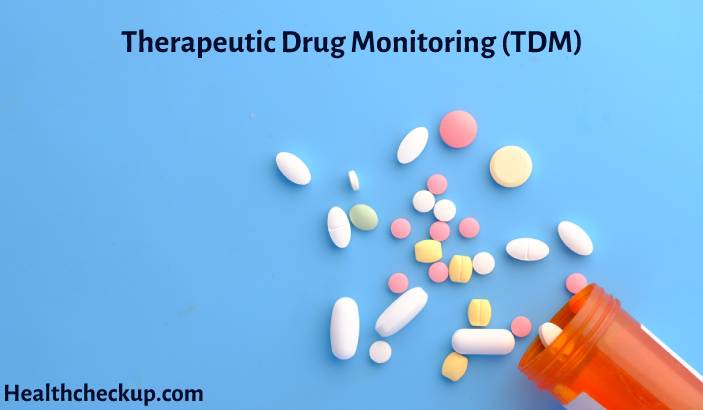Therapeutic drug monitoring (TDM) is a medical practice that involves regularly measuring the concentration of a medication in a person’s blood to ensure that the drug is being used effectively and safely. The purpose of TDM is to optimize the use of medications by adjusting the dose based on the individual patient’s response to the drug and to monitor for potential side effects or toxicity.
Preparation for TDM typically involves collecting a blood sample from the patient and sending it to a laboratory for analysis. The procedure for collecting the blood sample may vary depending on the specific medication being monitored and the individual patient’s medical history and condition.
The results of TDM can be used to determine the optimal dose of a medication for a particular patient, to assess the effectiveness of the drug in treating the patient’s condition, and to monitor for potential side effects or toxicity.
There are some potential risks associated with TDM, including the risk of infection or bleeding associated with the blood draw and the risk of an adverse reaction to the medication being monitored. However, these risks are generally low and can be minimized through proper handling of the blood sample and careful monitoring of the patient’s response to the medication.









